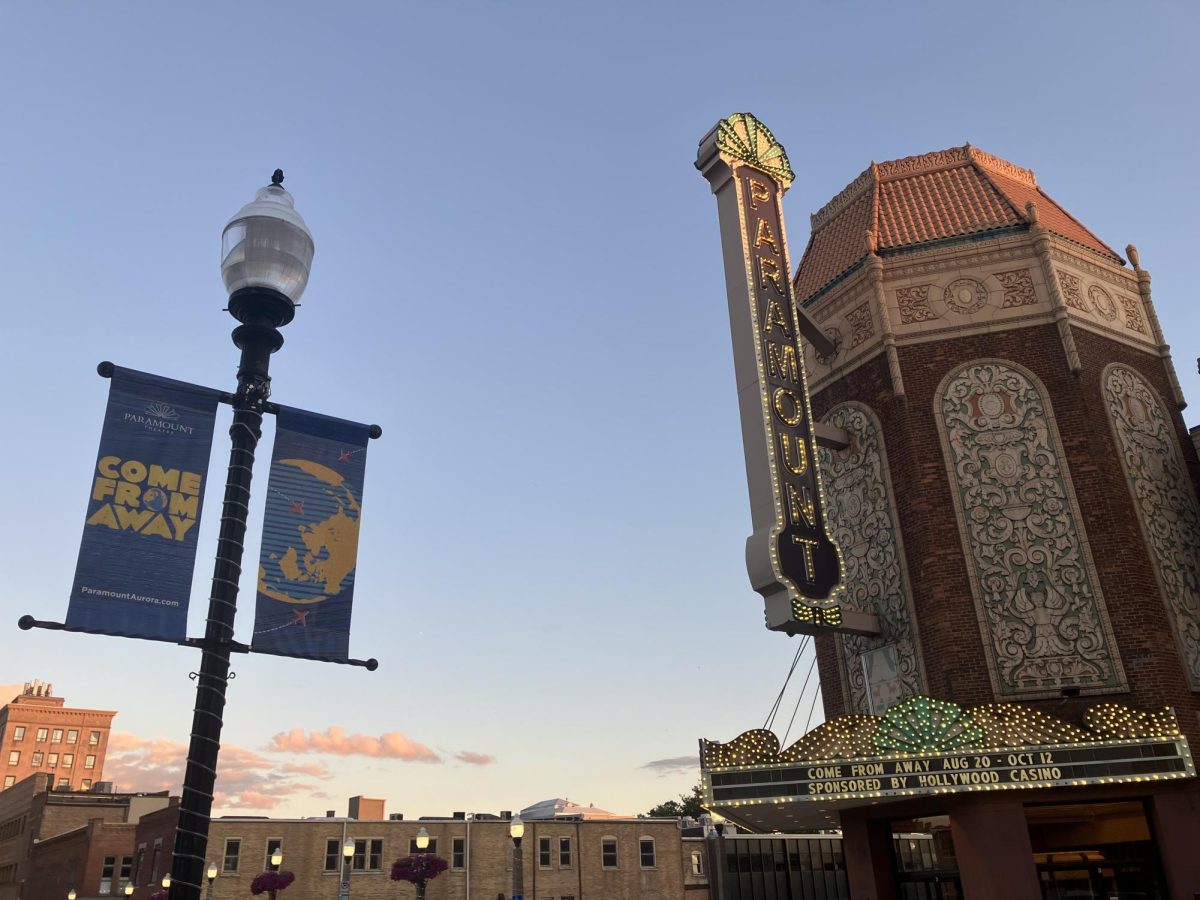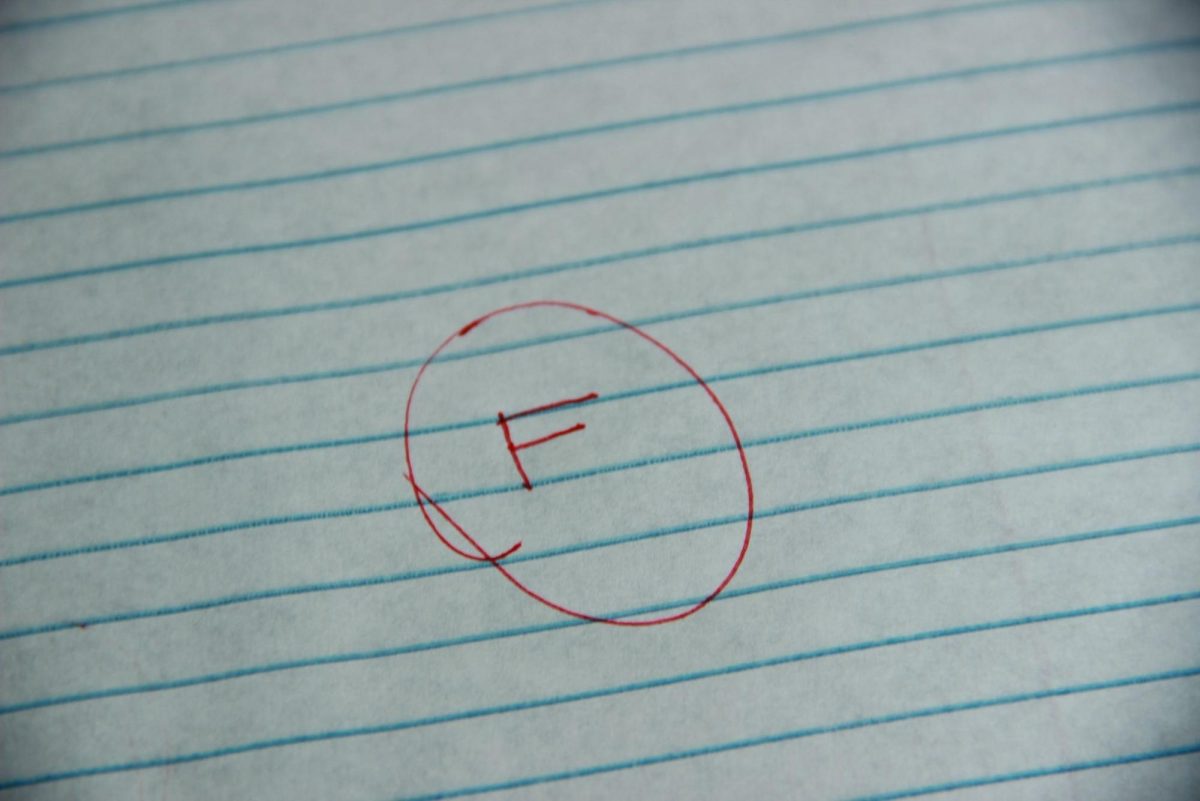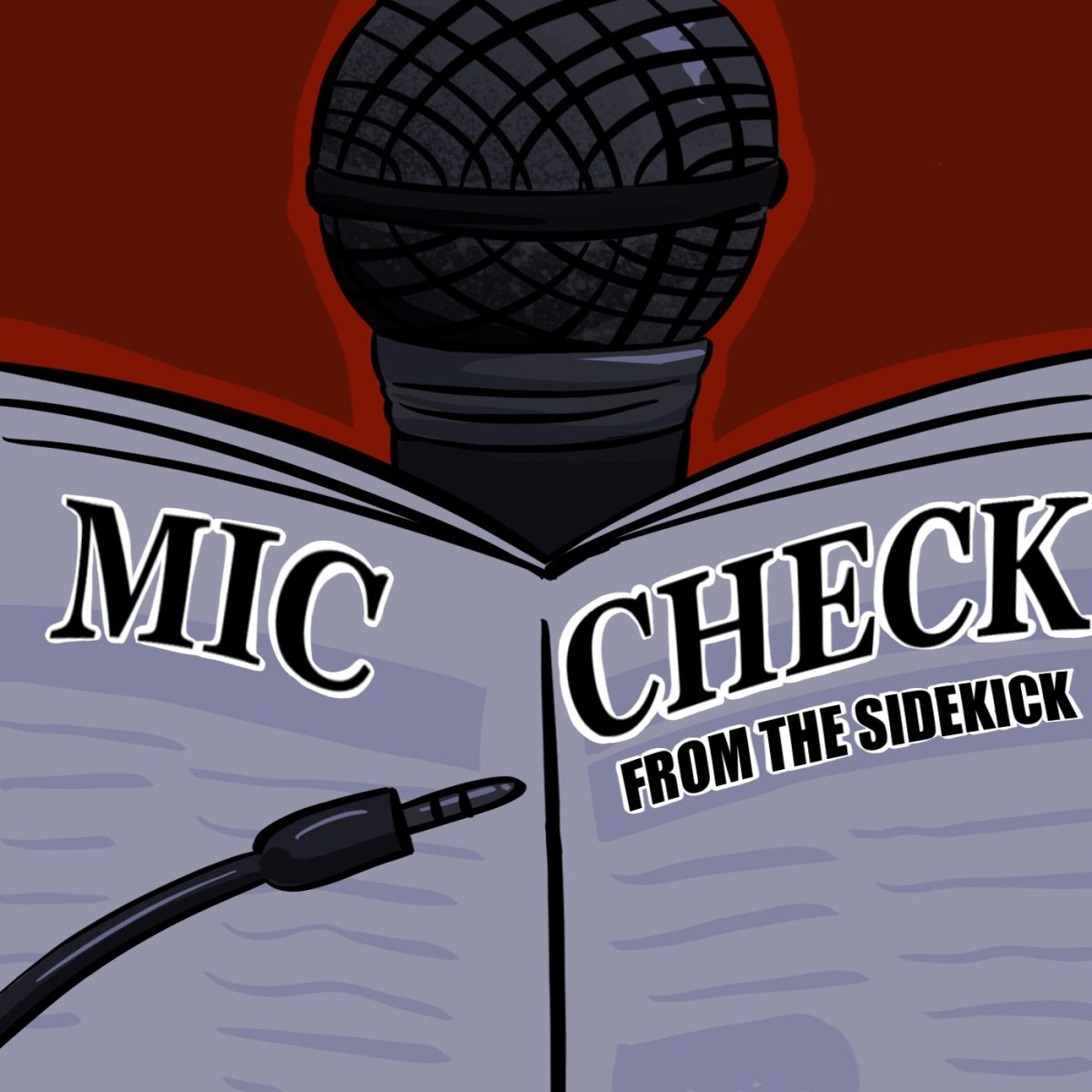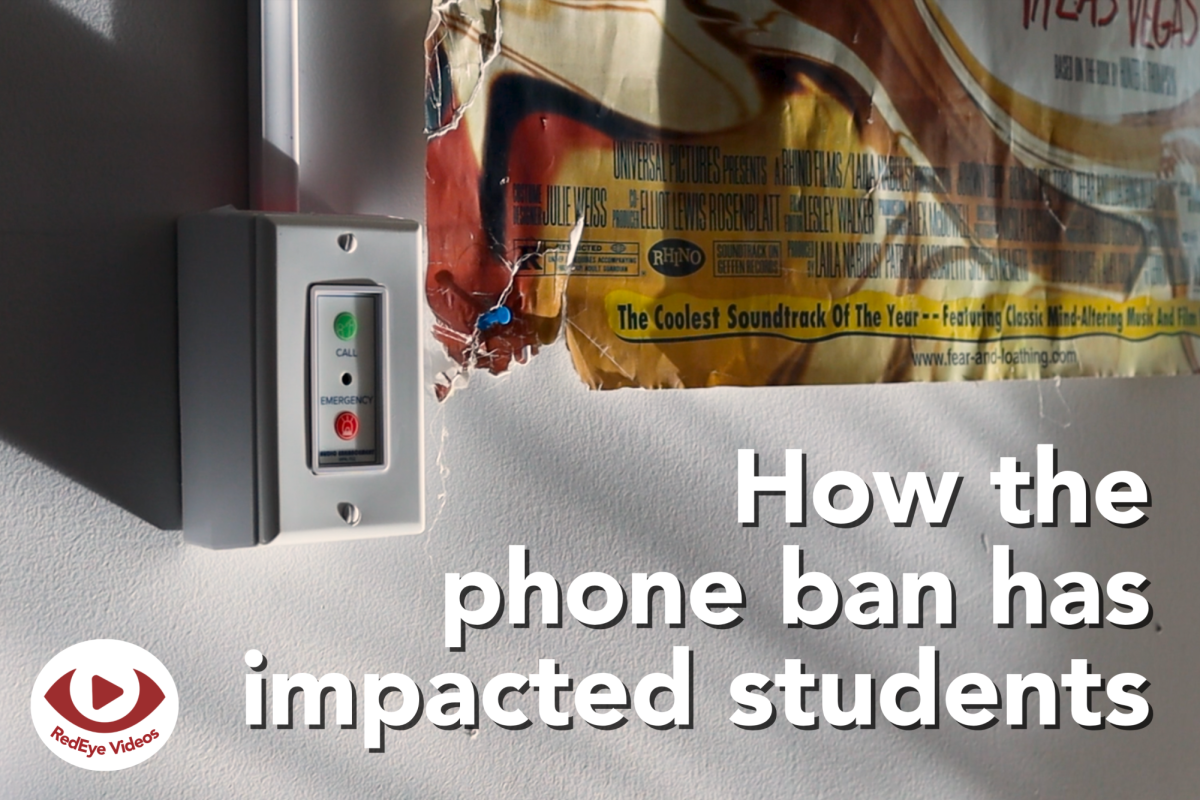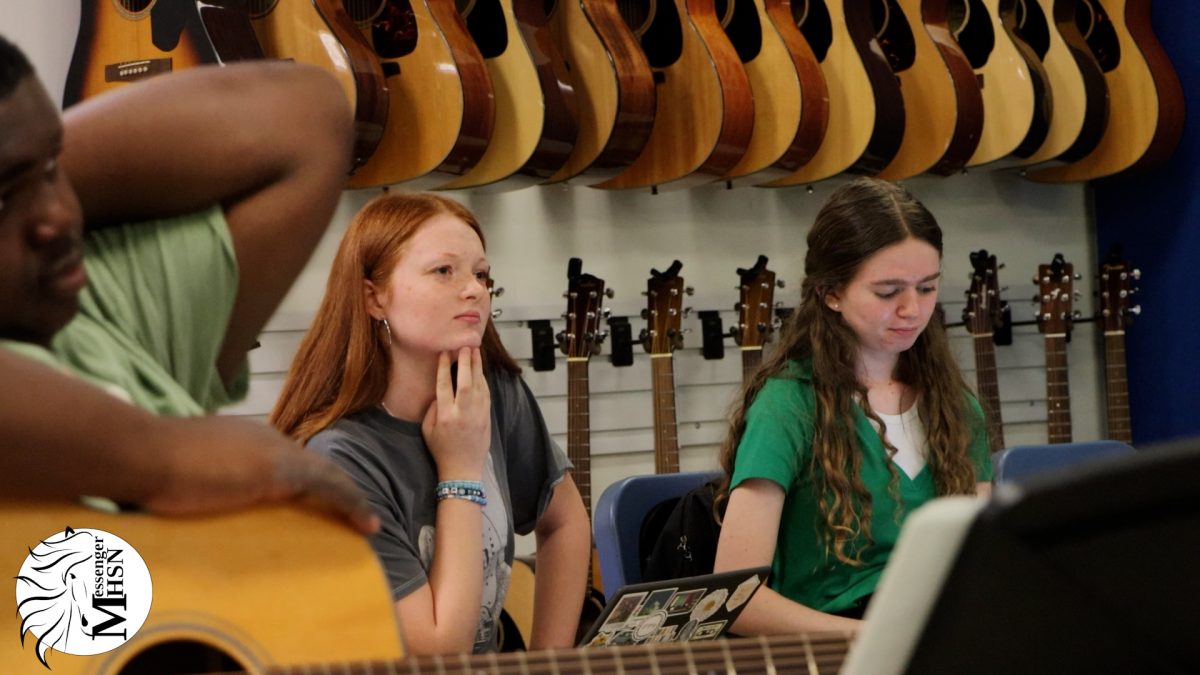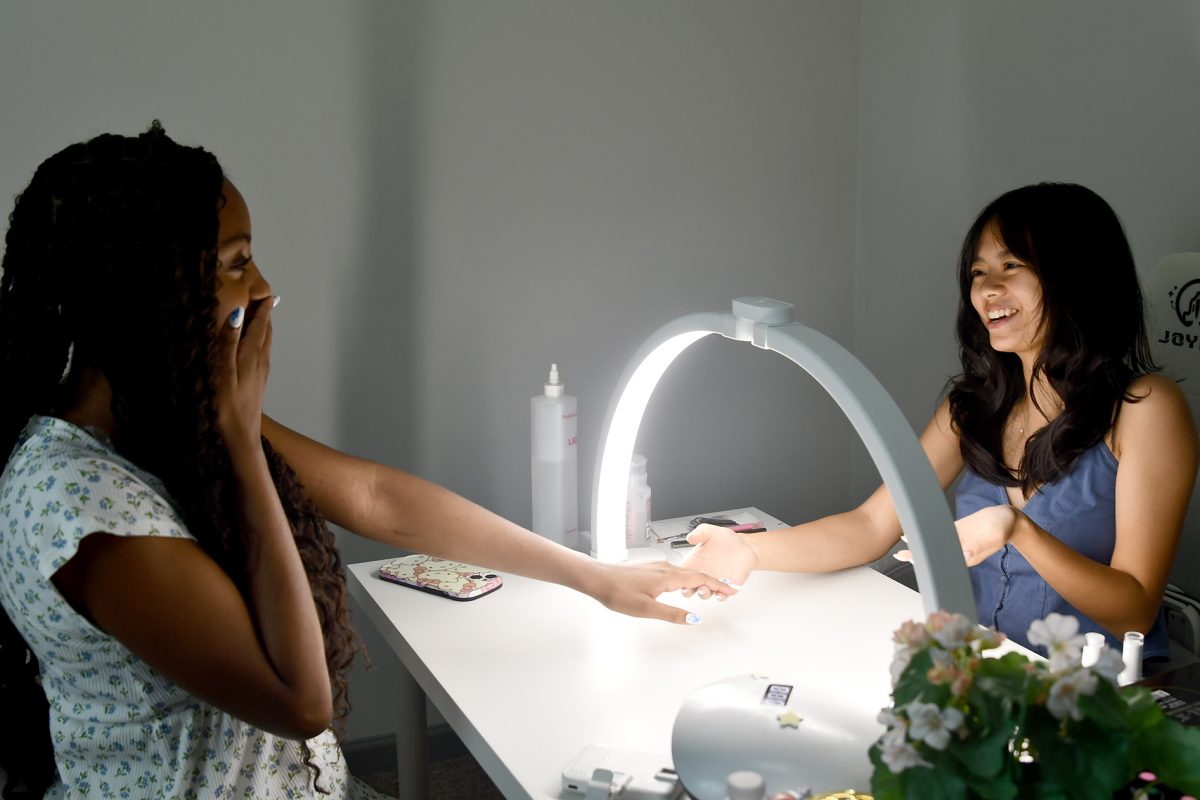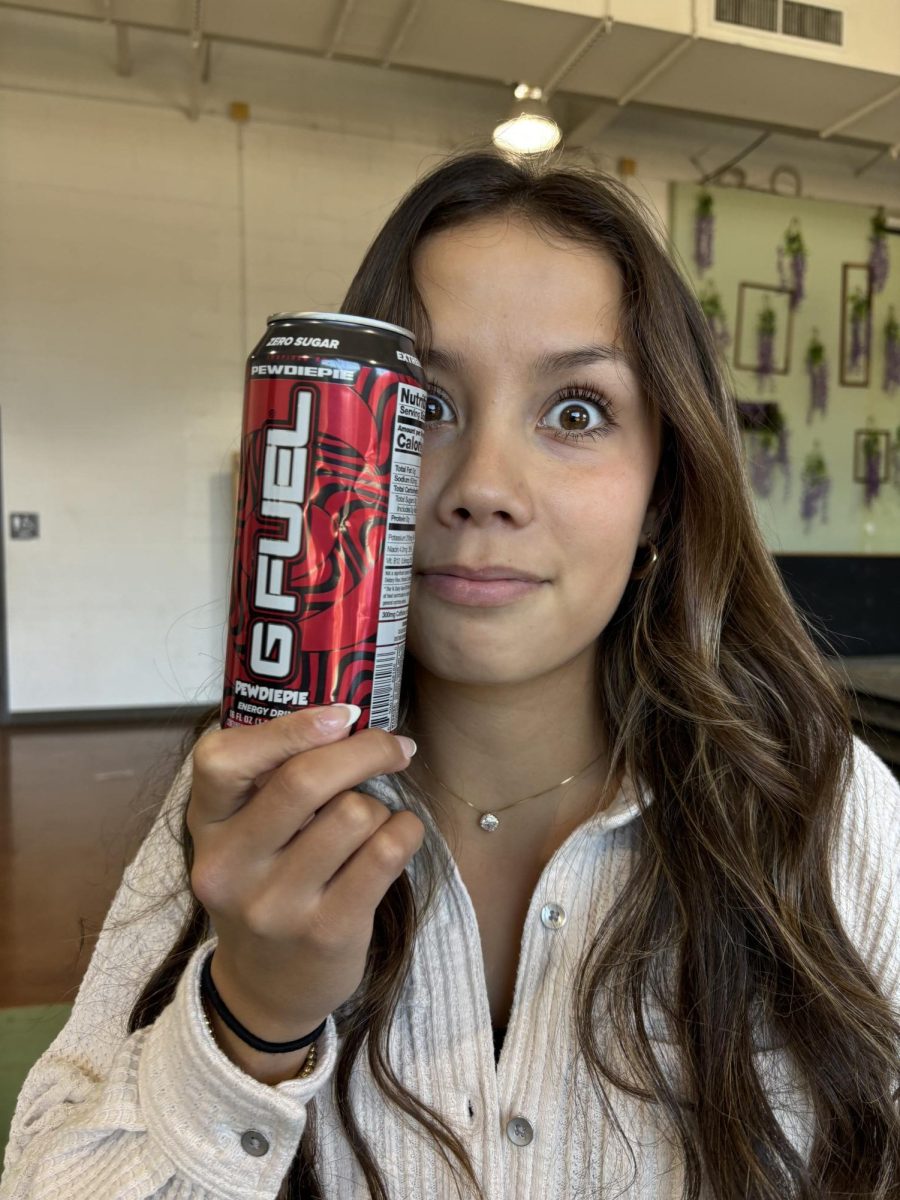It’s no secret that energy drinks aren’t the healthiest drink option. They don’t claim to be. Their job is to perform just like the name suggests. Energy drinks boost people’s energy levels.
Large amounts of caffeine are the primary ways these drinks accomplish their goal. Monster, Red Bull and Celsius are three of the most popular energy drinks and have 10mg, 9mg, and 17mg of caffeine per ounce respectively. A full serving of these drinks contains between 160 and 200mg of caffeine. According to the Mayo Clinic, 400mg is the ceiling for daily caffeine intake which equates to roughly four cups of coffee, ten cans of Coke or two energy drinks.
The FDA, however, says that there is wide variation in both how sensitive people are to the effects of caffeine and how fast they eliminate it from the body.
Teenage consumption is a growing market share. Recently, there has been a rise in teenagers consuming energy drinks per National Library of Medicine. Their regular drinking has led many to now depend upon the energy burst to get them through school days, sports games and even shifts at work.
As Community School of Davidson (CSD) administration observed, the rise in student consumption this year was becoming problematic, something needed to be done to address the increase.
Admin sent home the following via Parent Square, the main communication tool used to reach parents, guardians, students, etc.
“We want to address an important concern: the consumption of energy drinks and their impact on health and school performance. Recently, there has been a rise in the number of students bringing energy drinks to school, and we feel it’s crucial to discuss the potential dangers associated with these beverages and the impact they can have on a student’s health, well-being, and school performance,” the announcement from the administration said. “We also kindly request that students refrain from bringing these beverages to school.
Students had strong reactions to the announcement. Many were frustrated because the school recently added a coffee shop in the center of the Commons area and coffee is known to have high levels of caffeine.
“You can’t ban energy drinks when we literally have a coffee shop in our school,” Amanda Moran (‘25) said.
Craig Smith, CSD’s new Executive Director, was open about his and the administration team’s decision and provided reasons for every argument.
“The difference between energy drinks and other caffeine sources is that studies show how detrimental the energy drinks are to teens,” Craig Smith said.
Others had less specific reasons but were still against the decision.
“I agree with the sentiment of saying energy drinks are bad but banning them isn’t the best solution because sometimes people do need the pick-me-up,” Savannah Honea (‘25) said.
Smith admitted he does drink energy drinks, but sparsely, and felt more than a simple suggestion was needed to get students away from drinking energy drinks.
“I will [have an energy drink] on occasion but I try to utilize the deemed natural caffeine drinks. I purposefully steer clear of the ones with a lot of sugar and have a more natural and organic supplement,” Smith said. “I think students have become too dependent on energy drinks where they feel like they need them whether it be a school day or going to work or even a practice. It’s becoming their default and they feel like they need to have it when they really probably don’t need that extra energy. We’re trying to decrease the student’s dependability on them.”
Many students were in agreement with Smith.
“I don’t think energy drinks were bad because people lean on them too much to replace the natural energy-givers like good sleep and eating the right foods,” Owen Hamilton (‘25) said.
Regardless of stance and position, the school saw a significant decrease in students bringing energy drinks onto campus after the announcement. While the ban, itself, likely served as the motivating catalyst, perhaps, too, learning about caffeine and sugar level differences between energy drinks and other caffeinated drinks perhaps also played a role.
Some students still try to sneak in a drink on occasion but across the board, the ban has been a success.
Time will ultimately tell.
This story was originally published on CSD Spartan Media on October 29, 2024.

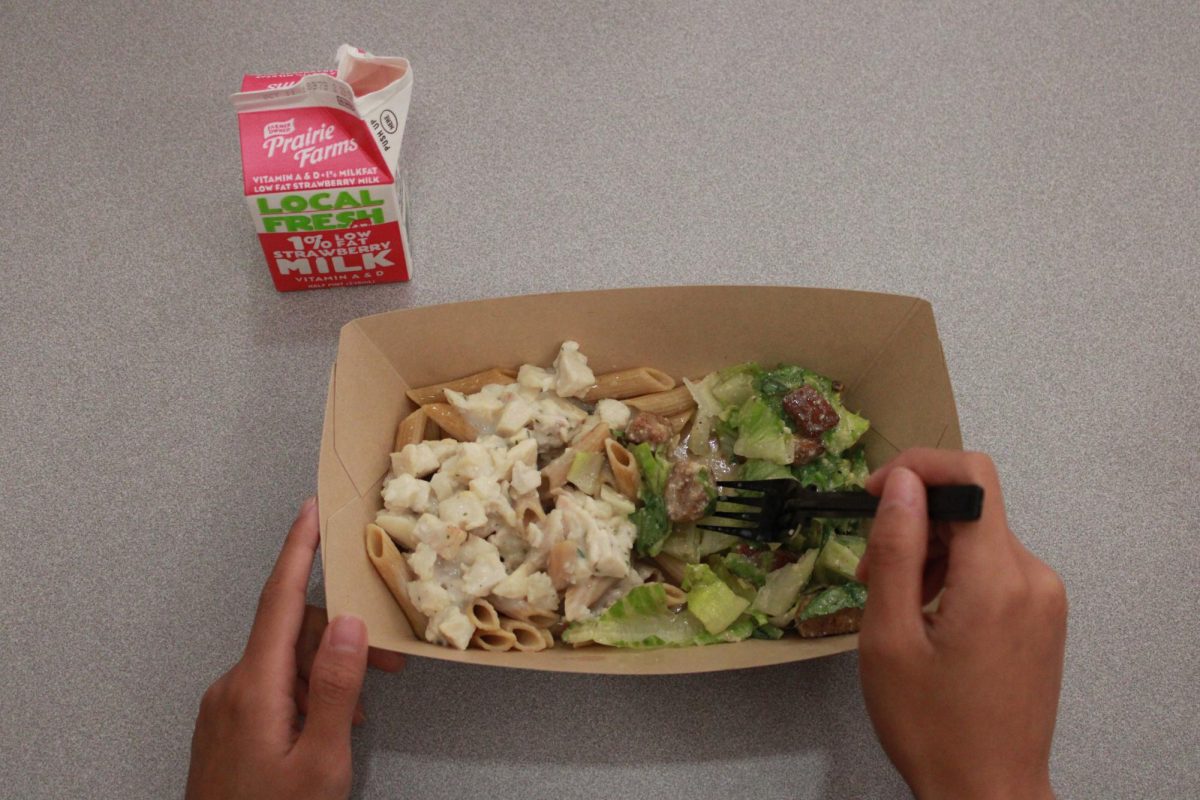
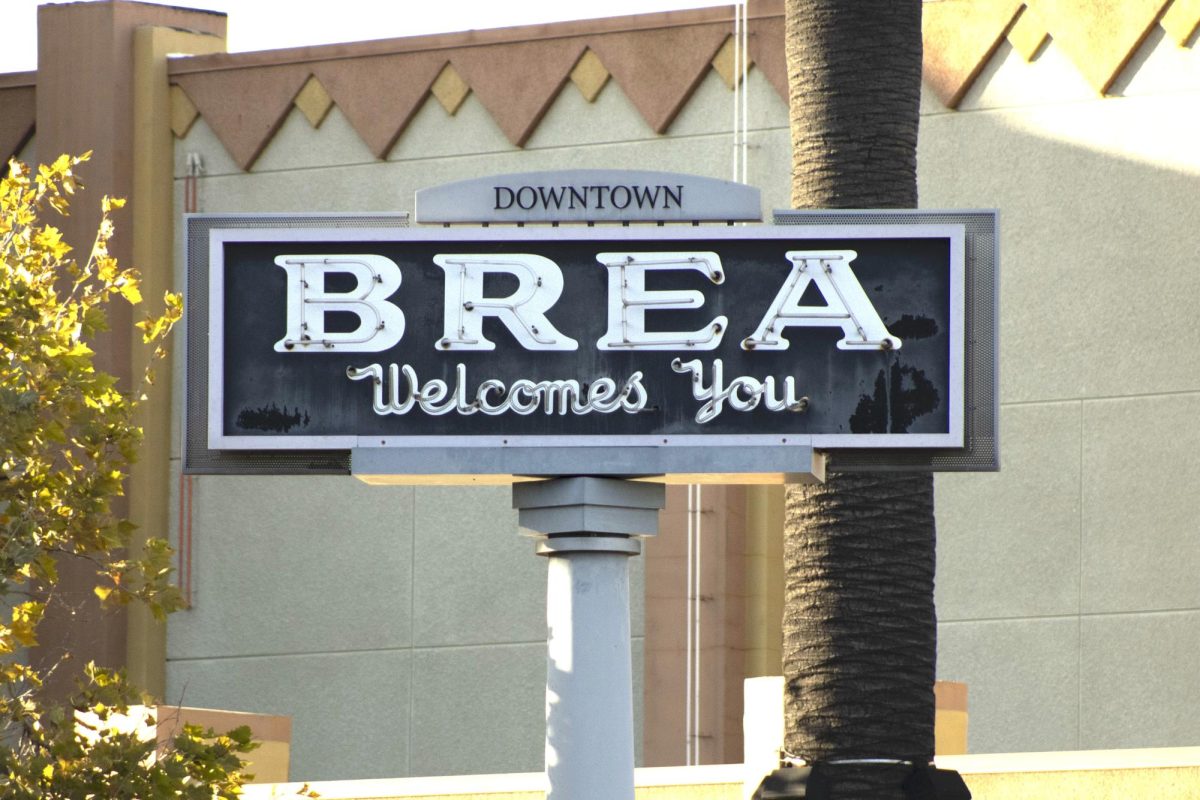
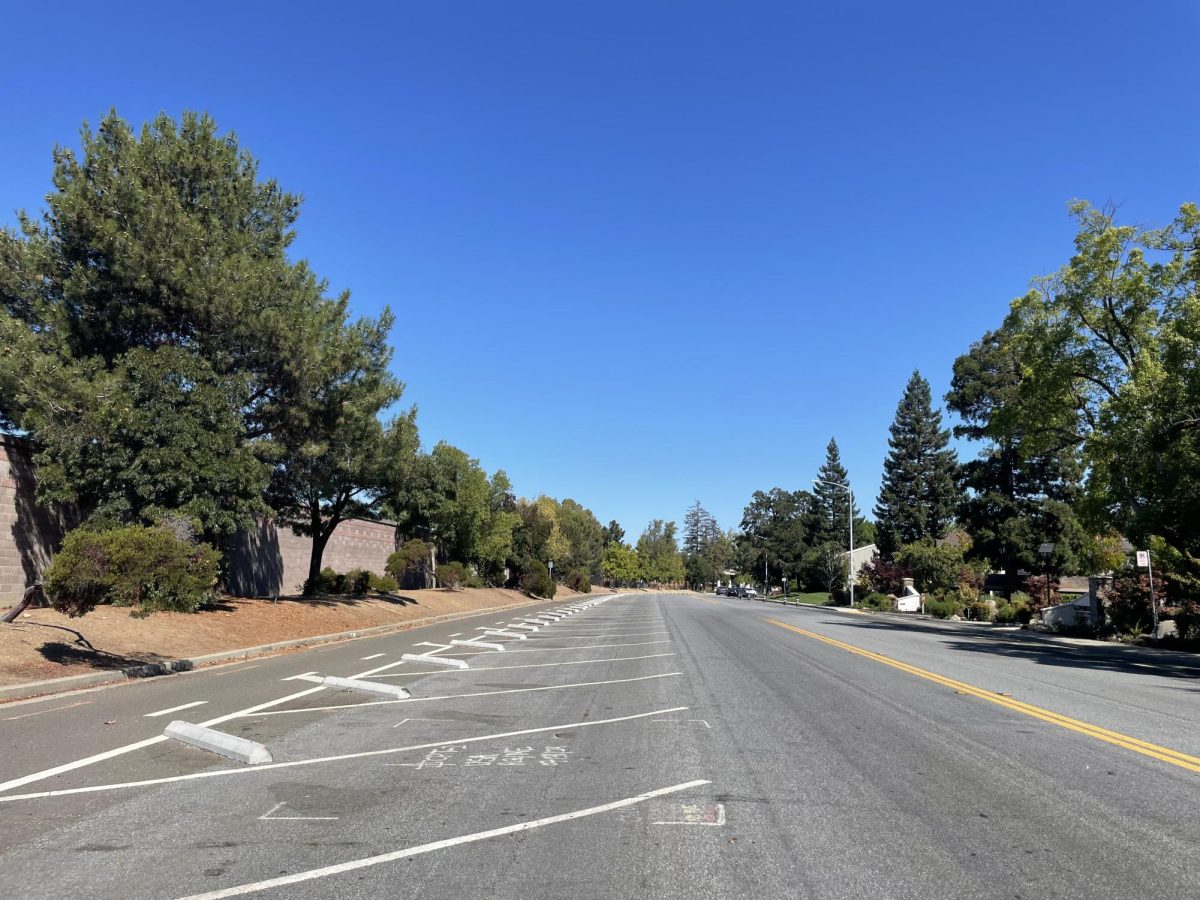



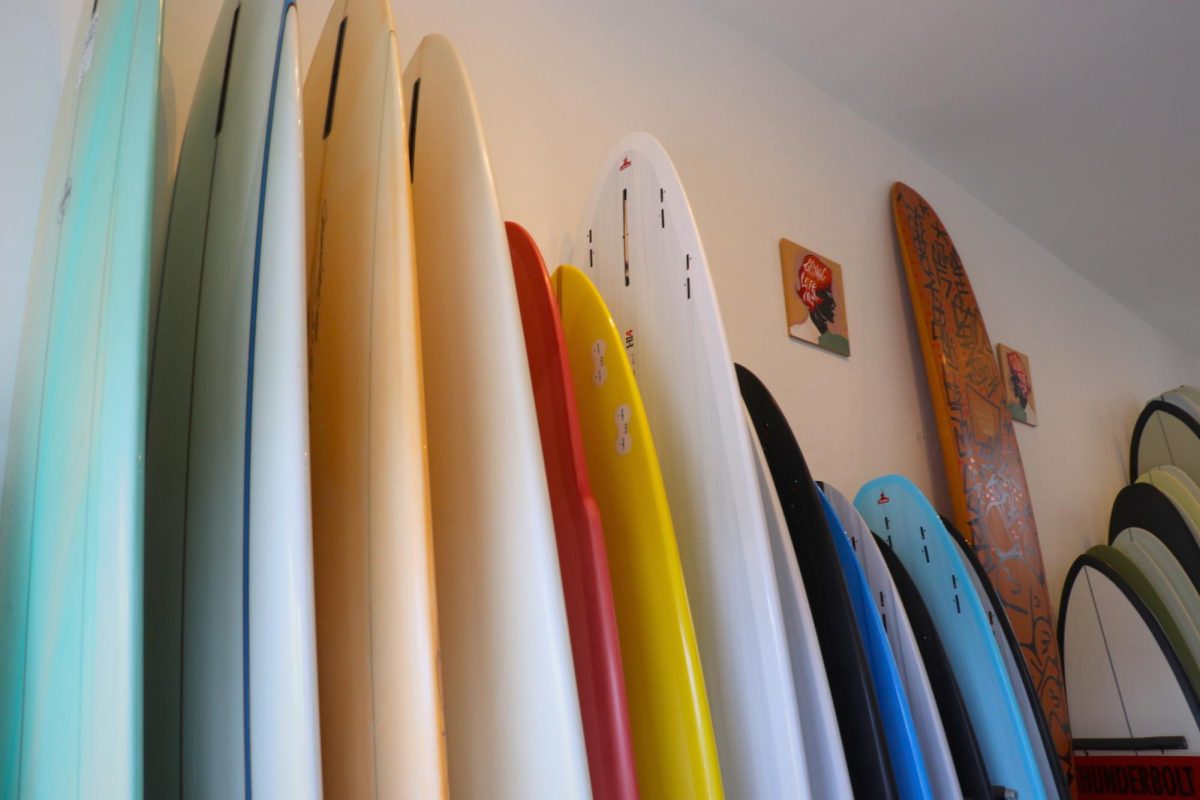
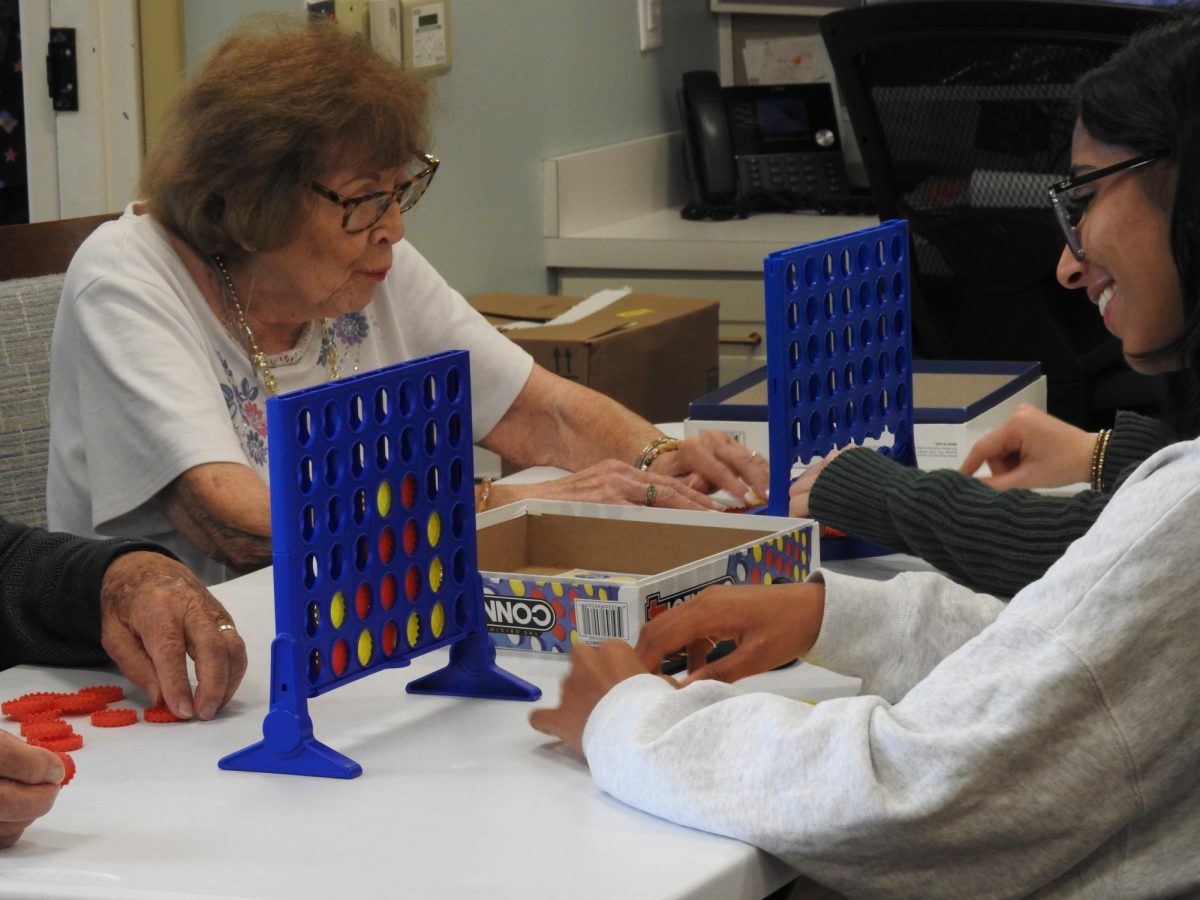
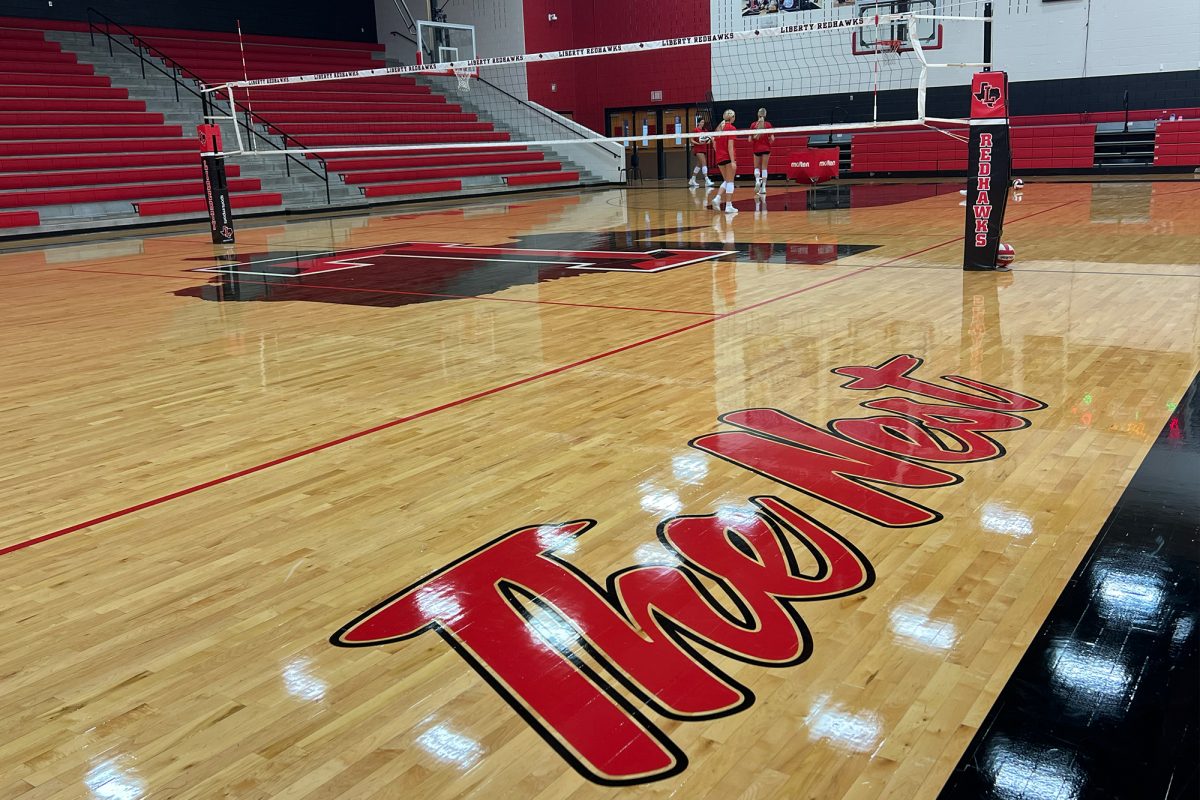
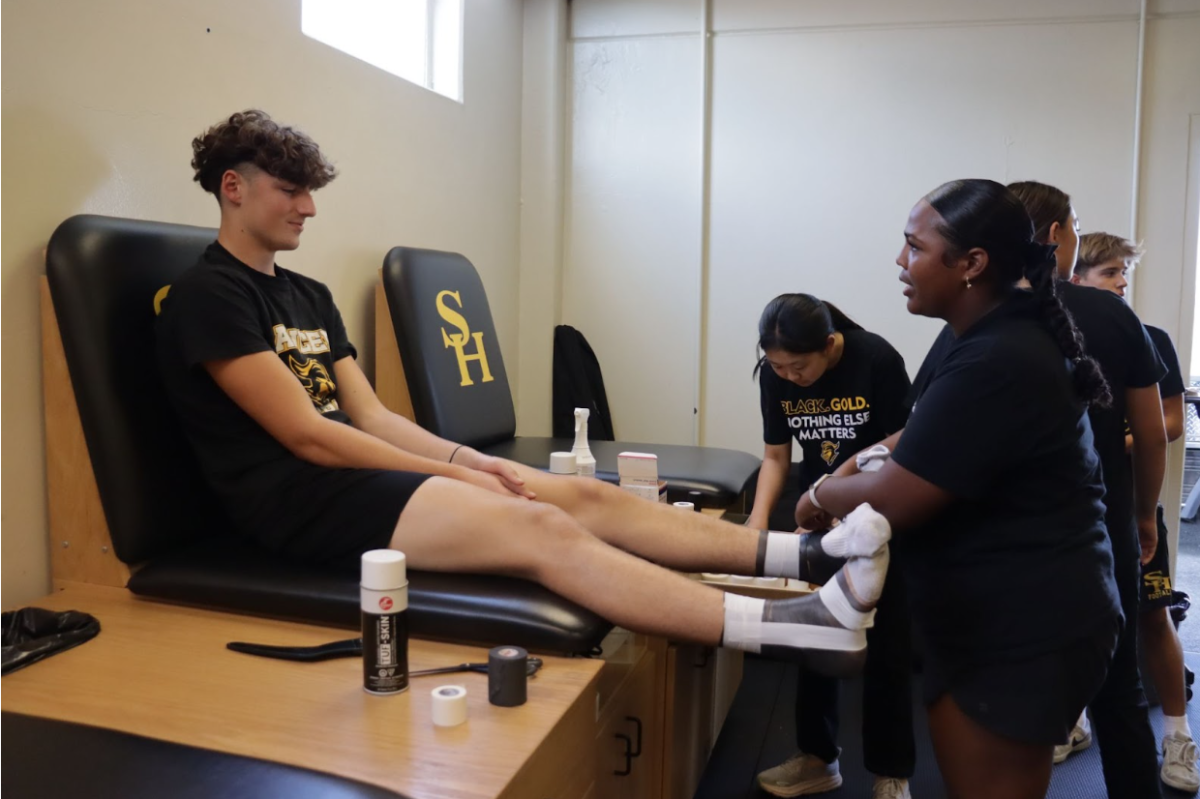
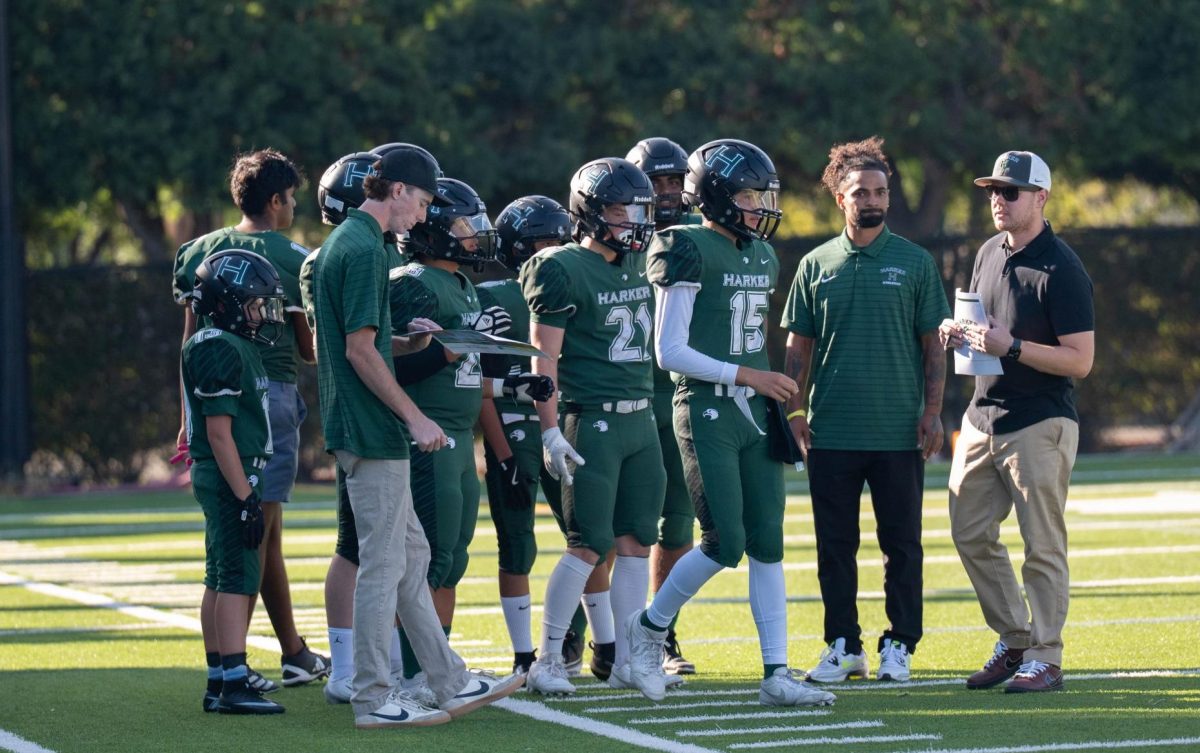

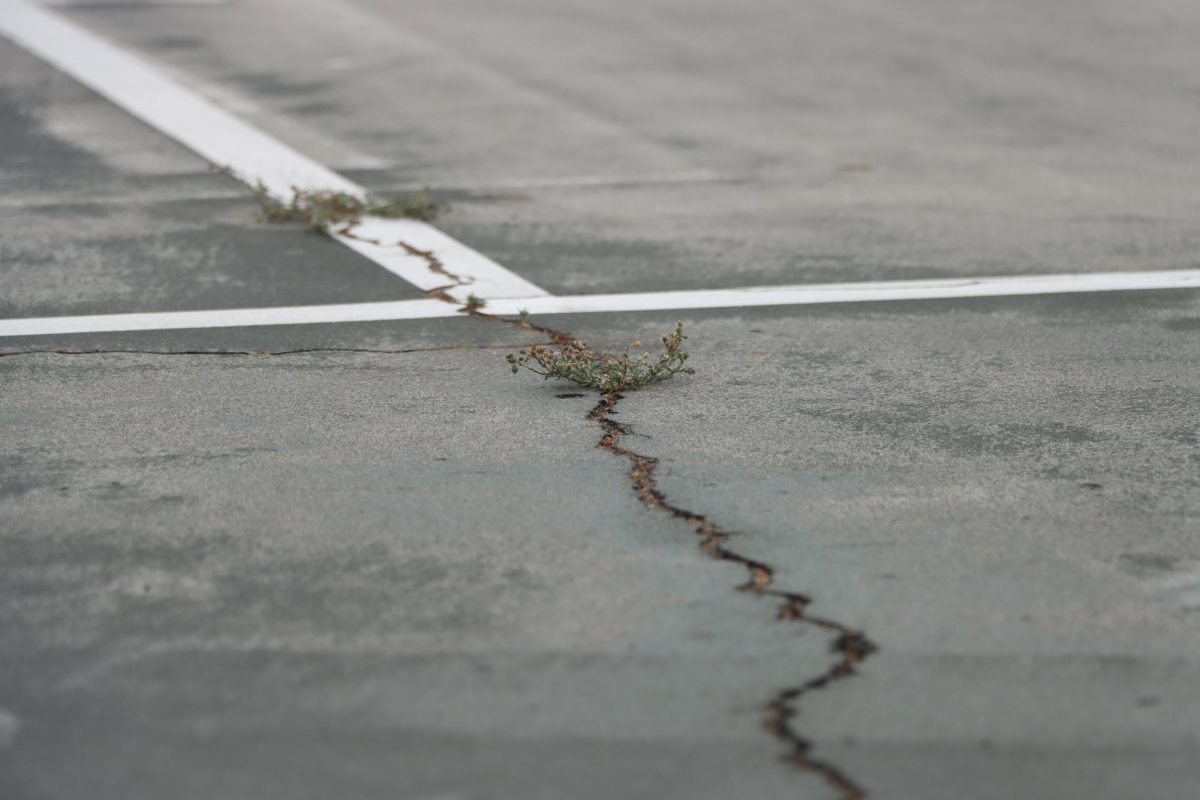
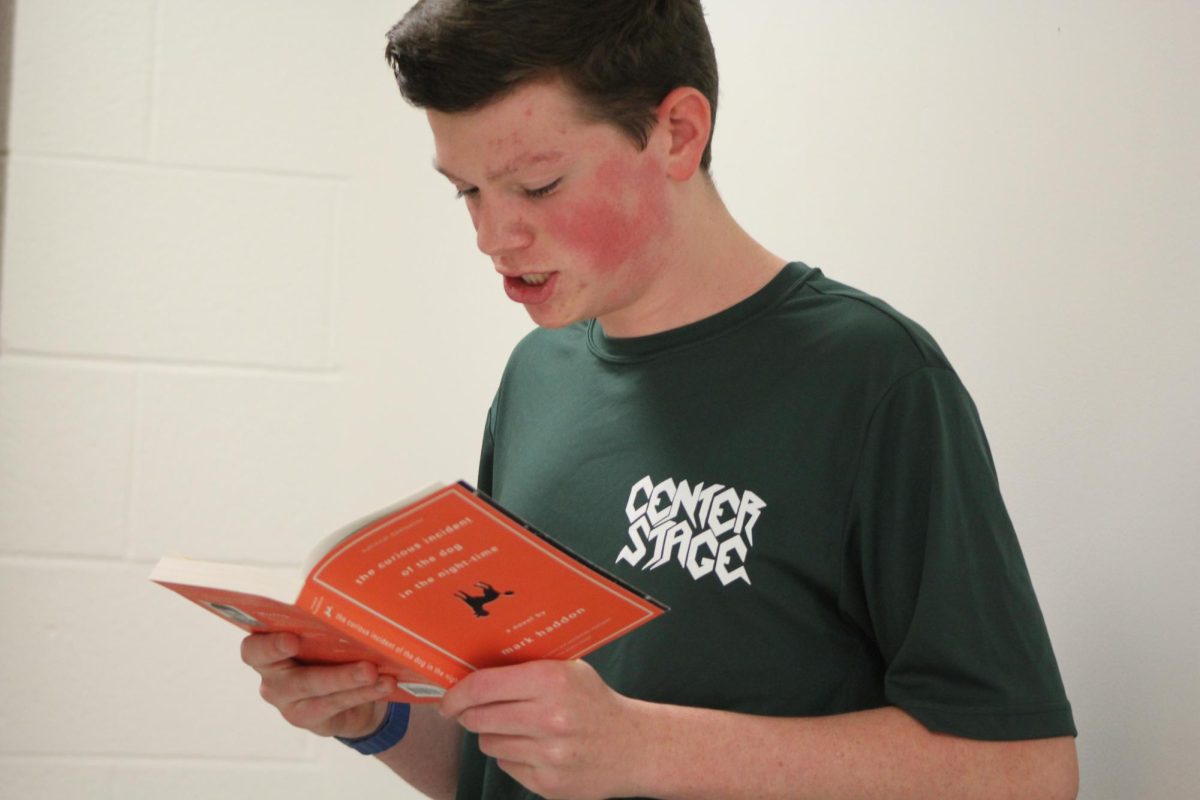
![Gazing across the stage, sophomore Alexis Monteleone performs in the school theater. The Monteleone family’s band “Monte and the Machine” has been releasing music since 2012, but Alexis started her own solo career in 2024 with the release of her first single, Crying Skies. “My whole family is very musical, [and I especially] love writing [songs with them],” Monteleone said.](https://bestofsno.com/wp-content/uploads/2025/10/DSC7463-1200x798.jpg)


